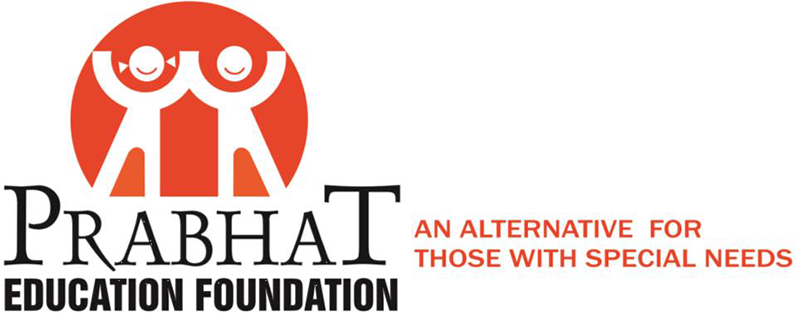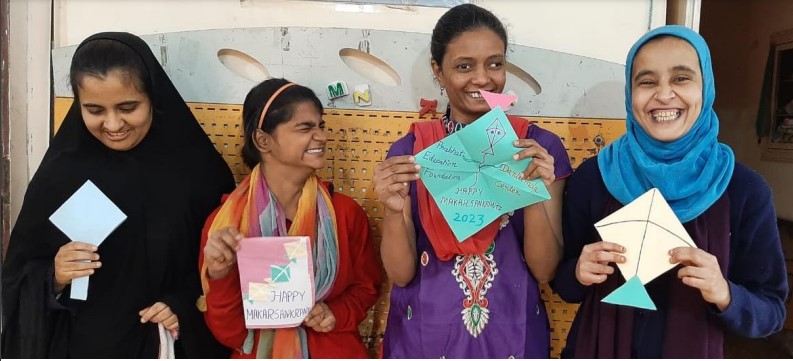Danilimda Ward in eastern Ahmedabad is challenged by poverty, poor living conditions and, inadequate services. Prabhat started its Community-based Rehabilitation (CBR) effort in this area with support and guidance from donors and partner organisations in 2011. This followed a survey of persons with disabilities in this area, and with a particular focus on children with special needs.
The initial survey revealed the extent of need in this area, low priority given to persons with disability, stigma and hopelessness Drake's Never - Seen OVO x Nike Air Jordan 1 Not For Resale Sneakers - Nike Air Jordan 1 Not For Resale - Before OnlinenevadaShops° , nike air skylon 2 white , Nike Kobe 6 EXP “Black Lightning” Joins 2025 Lineup attached to disability due to superstition and false information. In addition, there was little knowledge of Government schemes and facilities available to PWDs and their families, and therefore little access to these facilities. Survey findings of Prabhat’s survey was summarised into lists of representative answers received from respondents. This outcome was analysed with experts, Prabhat team members and local leaders before charting an intervention strategy. Teams were established, consisting of Prabhat staff and volunteers from within the community. Danilimda was divided air jordan 2 cement grey air jordan 4 retro red thunder into clusters based on geography and local resources including NGOs, authorities and institutions among which schools were particularly important. Training efforts were then conducted to build capacities for serving those with special needs. Work began with parallel activities that included door-to-door visits to list children and other PWDs and to establish contact with parents and neighbours. Awareness and mobilisation began through rallies, banners and street events. Assessment camps were then organised and all children were welcomed. A variety of needs were identified, including special needs. Other needs were referred to cooperating institutions while Prabhat attended to special needs through assessment, counselling and planning of services. Forms detailing disabilities into categories and follow-up requirements provided the basic documentation required to move into service. House-to-house information was used to plan outreach efforts, most particularly to those children and families facing mobility issues due to disability, distance and/or poverty. This underlined the importance of locating services in a way that house-to-house efforts could be facilitated. This led to an important innovation: the Dehlu concept, based on traditional community spaces. Dehlus provide a local point at which Prabhat’s services and counselling can be available without barriers of distance. A significant aspect of the Dehlu at Danilimda has been that space and other essential supports are provided by the community. This community awareness and support is now the foundation for future sustainability. Activities in the Dehlu includes a hub for information sharing, counselling, basic therapies, learning opportunities and the all-important demonstration of inclusion by bringing special children, their siblings, neighbours and other local children together for opportunities of joint play, learning together and from each other, and mutual respect. This has proved to be a critical element in reducing stigma and in building acceptance and respect for those with special needs as people in their own right, with ability and potential. The Dehlus have also acted as the catalyst for building links with other local institutions and authorities, including doctors, hospitals and schools.
The four years that Prabhat has served the communities of Danilimda, significant achievements have been in lifting the levels of acceptance and respect for PWDs and their families, providing them with essential information as well as basic services, capacity-building opportunities, and links to the outside world including to services to which PWDs are entitled by right and by law. Many challenges remain to build on this foundation. One of these is to take the learning from Danilimda to others in the city facing similar barriers of awareness, access and inclusion. One of the most important learnings from Danilimda has been the importance of building a local environment of support for those with special needs. This requires working with communities, neighbourhoods, homes, parents, siblings to develop local systems that can support the growth and dignity of PWDs. Prabhat has therefore had to invest in mobilising communities to take responsibilities for the welfare of PWDs, through opportunities such as the Dehlu as a creative community centre that can act as a catalyst for change and sustainability. The Dehlu concept is therefore a most important strategy that has emerged from Prabhat’s work in Danilimda. Another important learning has been of reaching the home so that the family environment becomes the most important space for developing acceptance of PWDs and developing their potential through basic therapies, learning and play opportunities linked to inclusion with siblings and other children, and opportunities to develop essential life-skills. The need to provide training to parents and to establish linkages with local schools and teachers have emerged as critical elements, along with vocational training that can give hope for productive and useful adulthood and citizenship. To achieve these purposes, Prabhat has learned the importance of networking with local partners so as to speed access to official schemes, institutions and to supports such as supply of aids and appliances that those with disability require. Networking has included working with local leaders including teachers, politicians, anganwadis, hospitals and other institutions. Building local leadership has been a significant achievement by Prabhat toward greater self-reliance. One of the most important indicators of progress has been the dignity with which PWDs are now regarded, unlike the stigma that was earlier attached to them. While much remains to be done, Prabhat has gained confidence which has encouraged it to extend the Danilimda model to other areas of need such as Lambha ward and parts of Vatva.



